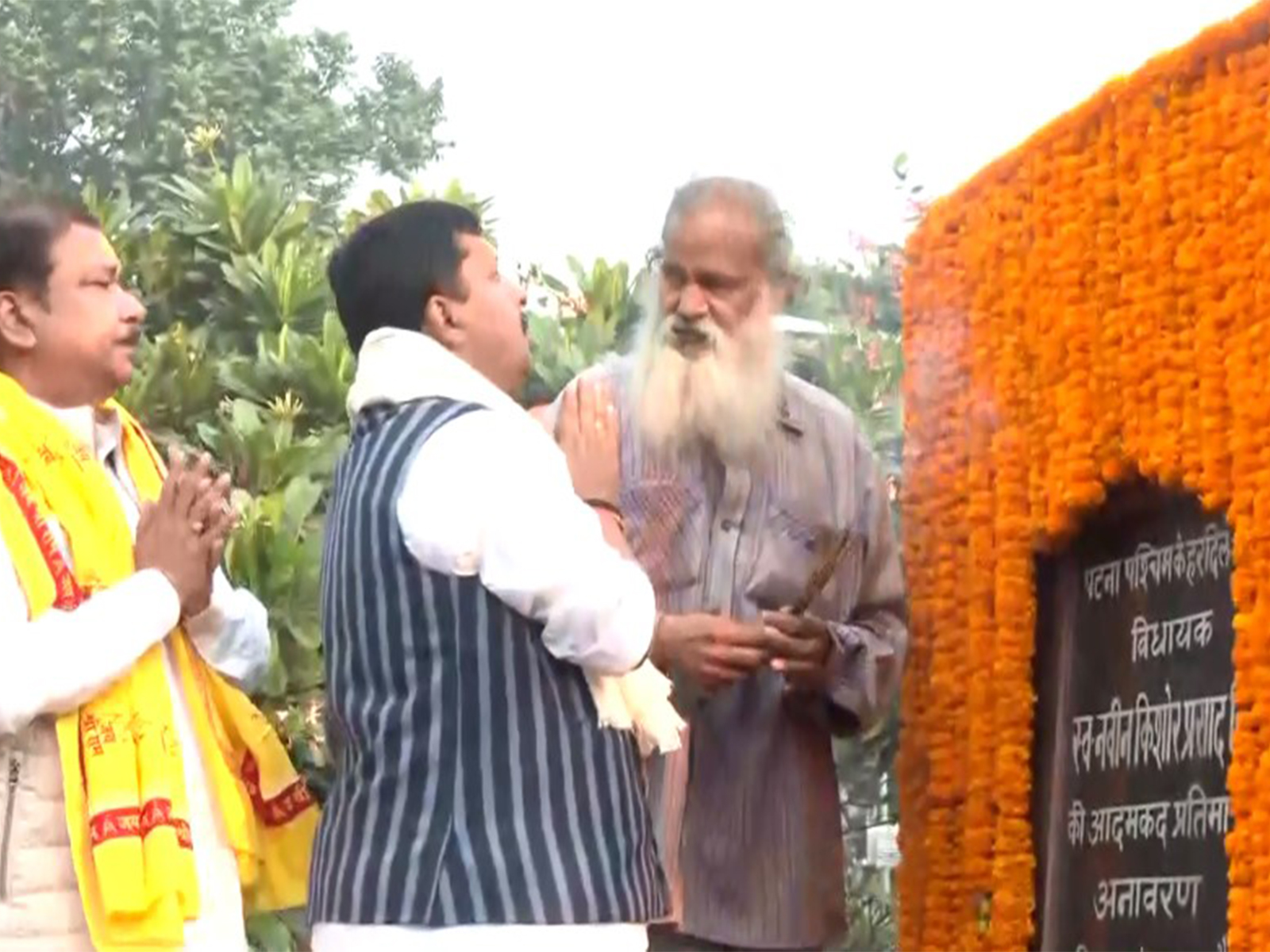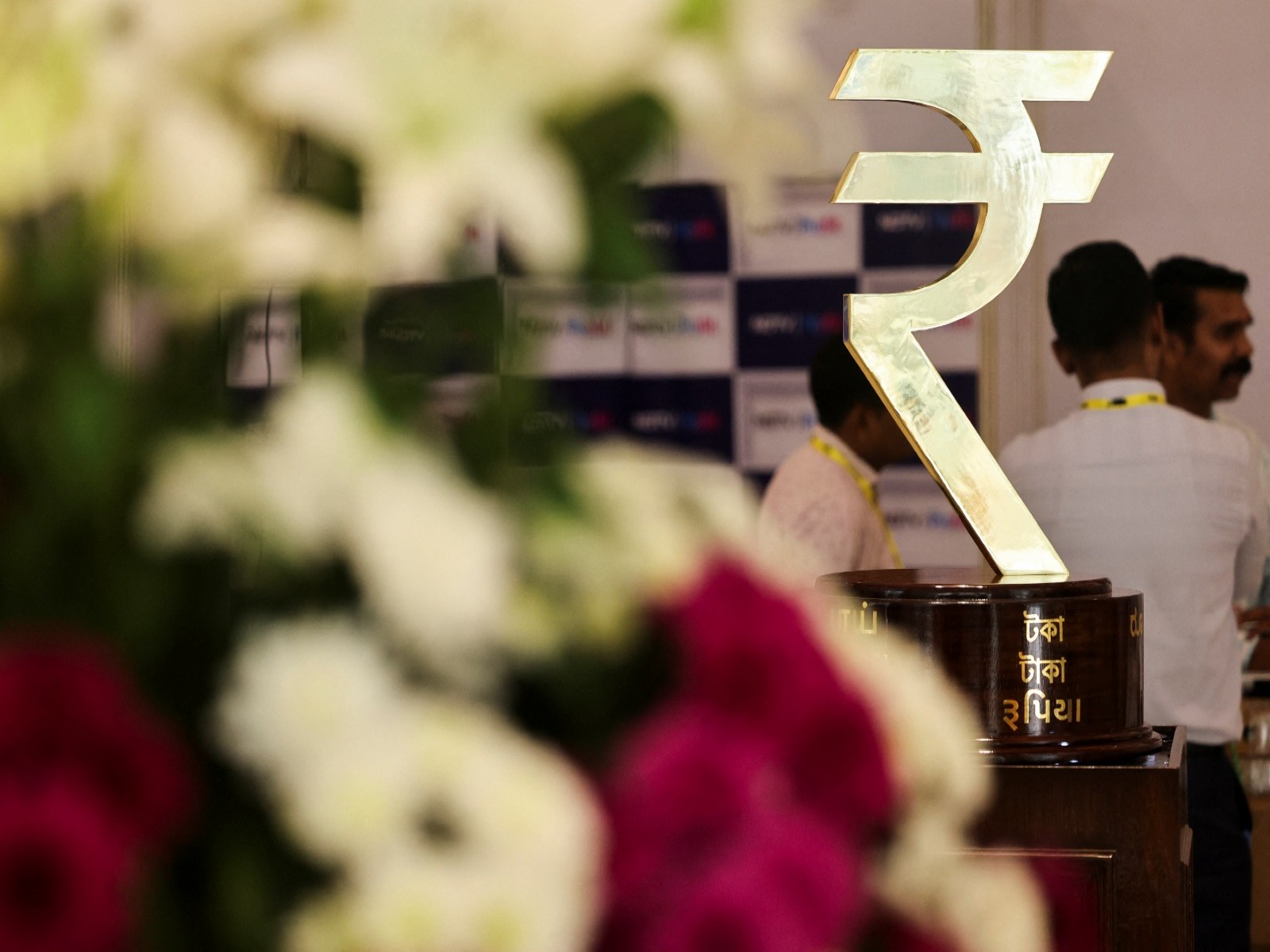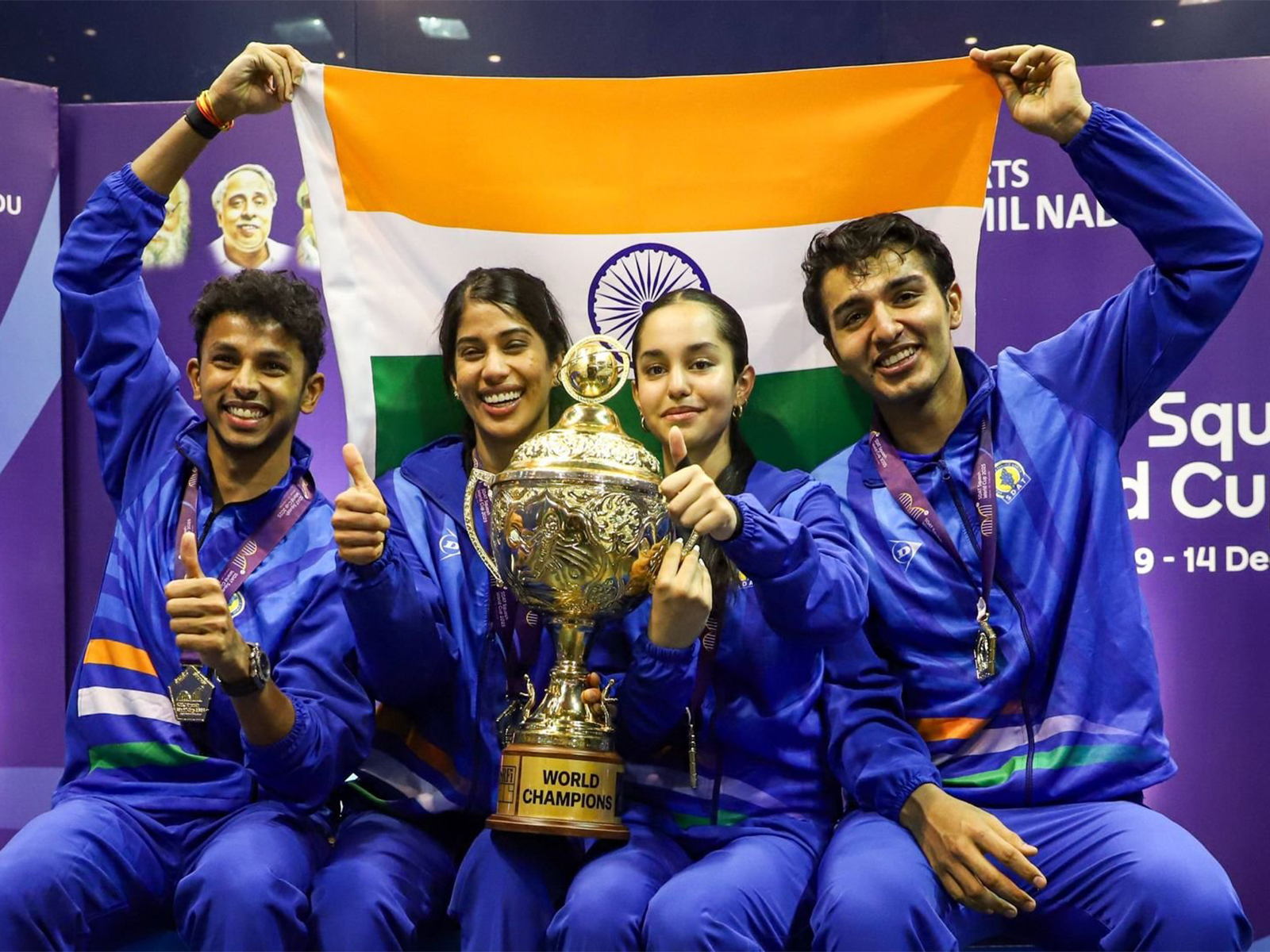Chief Justice of Orissa HC seeks inclusivity for children with disabilities in juvenile justice
Sep 01, 2024

Cuttack (Odisha) [India], September 1 : The Chief Justice of the Orissa High Court, Chakradhari Sharan Singh, urged stakeholders to commit to greater inclusivity for children with disabilities within the juvenile justice system on Sunday.
Speaking virtually at the 9th Annual Stakeholders Consultation on the Protection of Children with Disabilities at the Odisha Judicial Academy in Cuttack, the Chief Justice emphasised the importance of addressing the unique needs and challenges faced by these children.
"We must recognise that children with disabilities often face unique challenges and vulnerabilities that require special attention and care. Effective implementation of legal acts requires a comprehensive approach that takes into consideration the specific needs of the children with disabilities," Justice Sharan Singh said.
"As we work towards a more just and equitable society, let us commit to upholding the rights of all children, especially those with disabilities," he added.
Participants at the event were urged to focus on the steps taken by the state to protect children with disabilities across legal categories defined by the Juvenile Justice Acts, such as Children in Need of Care and Protection (CNCP) and Children in Conflict with the Law (CCL).
"It is not individuals with disabilities who are necessarily deficient. Our current system also has some deficiencies in providing equal treatment and opportunities to the disabled. The purpose of today's consultation is to find out these loopholes and fill the gaps so that we have a better future," said Justice Debabrata Dash, Chairperson, of the Juvenile Justice Committee.
A UNICEF study of August 2022 on Children with Disabilities estimated that one in three children in institutions have a disability. Additionally, children with disabilities are disproportionately represented in childcare institutions, with some estimates suggesting that up to 25 per cent of all young people in such facilities have intellectual disabilities or mental health conditions.
According to the study, the mortality rate for children with disabilities in institutional care is 100 times higher than compared to other children.
"The cost of excluding children with disabilities would defeat our global commitment to 'Leaving No One Behind.' We must reaffirm our commitment to creating an enabling ecosystem where children with disabilities are included, protected, and empowered to reach their full potential," said William Hanlon Jr., Chief of Field Office, UNICEF.
Speaking on the occasion, Bishnupada Sethi, Principal Secretary, Social Security and Department of Empowerment of Persons with Disabilities, said, "The focus is now on the needs, issues and contributions of about 60 to 70 lakh people with disabilities in Odisha. If we want our state to become a developed state and aim to achieve a $500 million economy by 2036, and a $1.5 trillion economy by 2047, then we have to reaffirm our commitment towards people with disabilities."
Highlighting the initiatives taken by the Odisha State Department of Women and Child Development, Principal Secretary Shubha Sarma said, "In collaboration with UNICEF, the Social Security and Empowerment of Persons with Disabilities (SSEPD) department, the department will conduct a vulnerability mapping to identify children who are at risk and with disabilities. We will come up with a joint action plan based on the inputs."



















